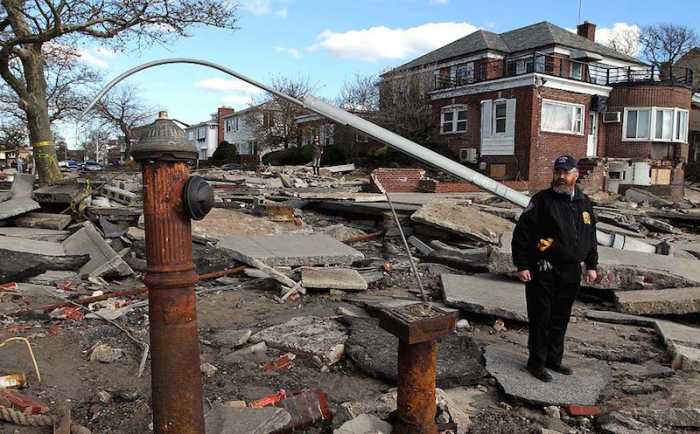Over the weekend, U. S. Sen. Chuck Schumer revealed that the Department of Justice failed to implement a law that would give schools and after school programs in Queens, throughout the city and L.I. access to F.B.I. background checks to screen for sex offenders and other transgressors before the hiring process for teachers.
There are approximately 221,446 students in Queens, according to a report issued earlier this year by Queens Borough President Melinda Katz.
“Protecting children, the elderly and people with disabilities from abuse must be a major priority at the Department of Justice, but this no-excuse delay with implementing the Child Protection Improvement Act really makes you worry,” said Schumer. “We have to have robust employment checks when it comes to staffing afterschool programs, preschools, nursing homes and other organizations that employ people whose job it is to oversee members of a vulnerable population.”
The Child Protection Improvements Act would, which passed in March 2018 to help close the gaps in fingerprints and other background check methods were supposed to be implemented in March 2019, according to Schumer’s office.
The law would make protecting children, those with disabilities and other vulnerable groups from sex offenders, abusers and other malefactors a federal priority, according to Schumer.
Currently, the New York Sex Offender Registry has more than 8,000 offenders living in the city’s five counties.
In 2016, the number of registered sex offenders increased by 60 percent from a little over a decade ago to 39,000, according to Schumer’s office.
The National Center for Missing and Exploited Children has more than 800,000 sex offenders on its list.
The city’s Department of Education devotes itself to following Chancellor Richard Carranza’s Regulation C-105, which informs contractors and providers of the necessary procedures they must follow to obtain clearance to begin work with children and offers support in training, orientation sessions and email correspondence, according to DOE spokeswoman Isabelle Boundy.
“We are committed to ensuring that we have the best-qualified staff working with DOE students and that all students and staff are safe,” said Boundy. “The DOE’s rigorous background check policies include an FBI fingerprint check, and we ensure contracted providers are aware of the necessary steps they must follow to obtain clearance.”
Schumer has requested an explanation from the DOJ as to why the implementation of the CPIA has been delayed, why Congress wasn’t notified of the delay and for the federal organization to provide a timeline for public comments for the organizations that serve vulnerable populations as a criterion to determine the fitness of the law.
“This failure to implement the law that makes those checks stronger and easier to accomplish locally endangers the very innocents we sought to protect. That’s why the Department of Justice needs to tell Congress what is going on and then get moving,” Schumer added.








